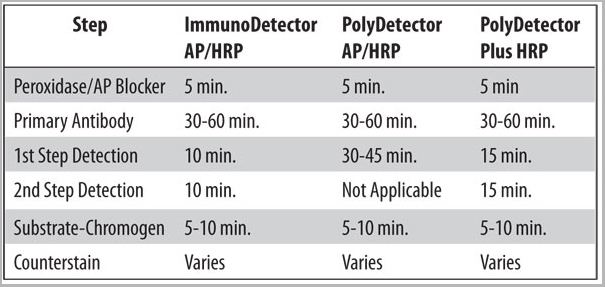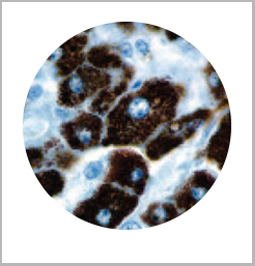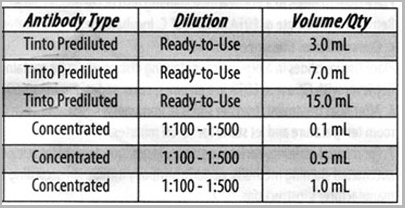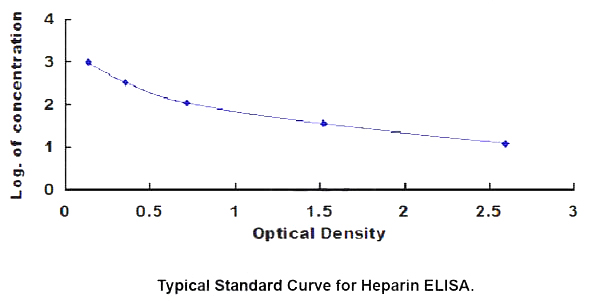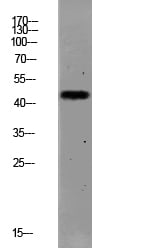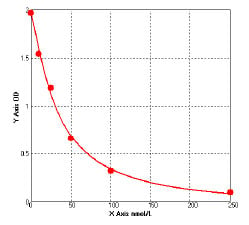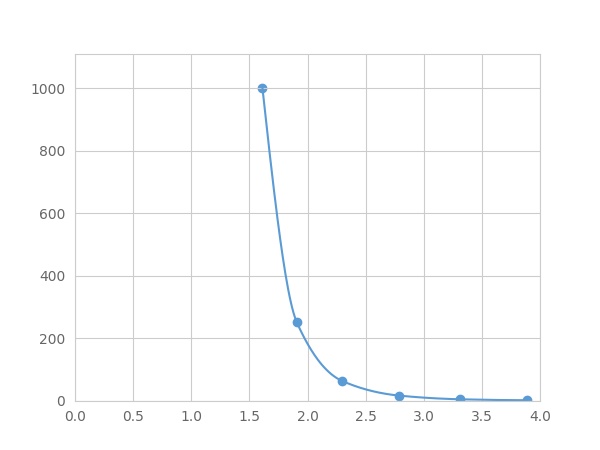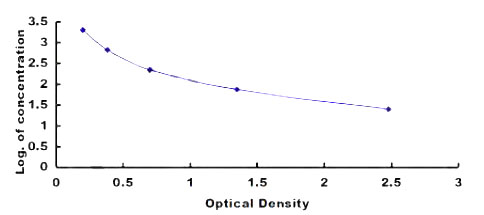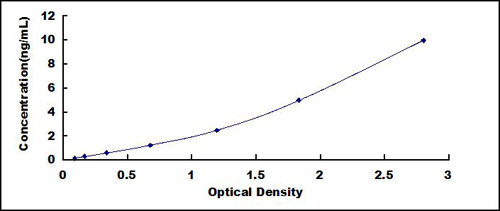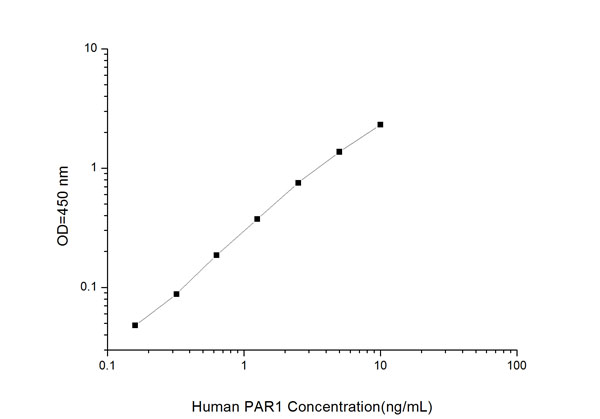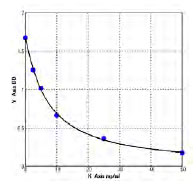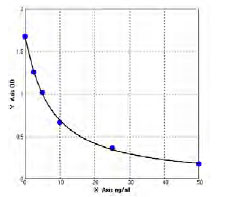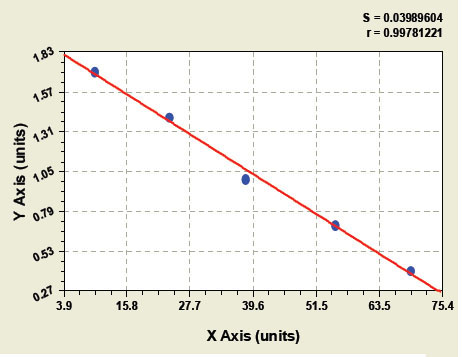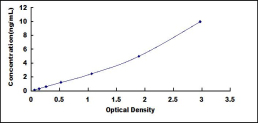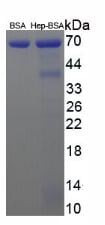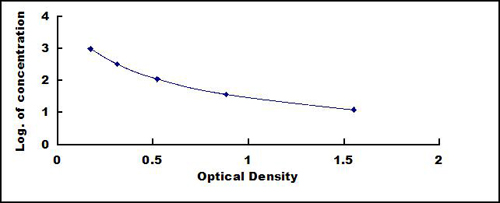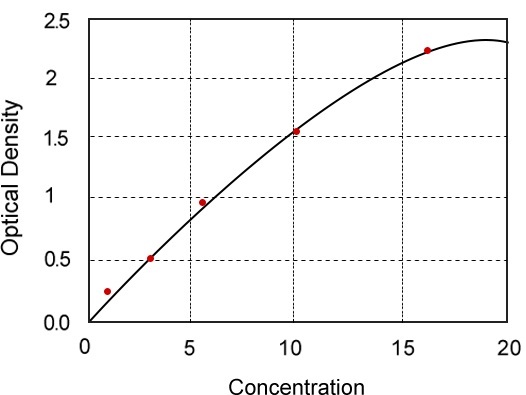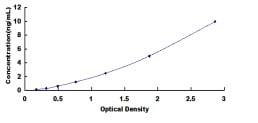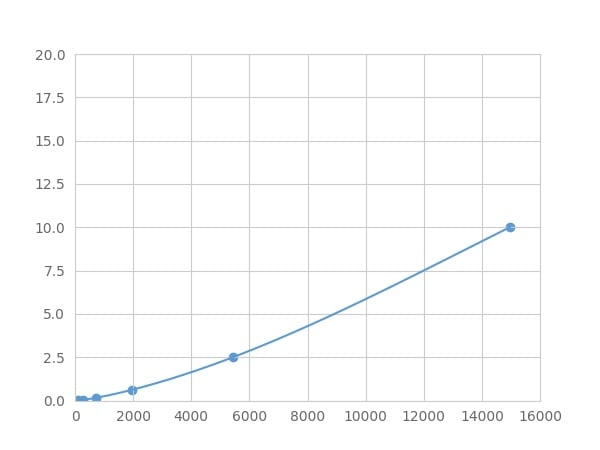Mouse Hepatocyte Specific Antigen/ Hep-Par1 Monoclonal Antibody
Hepatocyte Specific Antigen/ Hep-Par1
Reactivity
Human, Dog, Cat
Synonyms
Hepatocyte Specific Antigen/ Hep-Par1, Antibody; Hepatocyte Specific Antigen/ Hep-Par1; anti-Hepatocyte Specific Antigen/ Hep-Par1 antibody
Host
Mouse
Reactivity
Human, Dog, Cat
Clonality
Monoclonal
Isotype
IgG1/K
Clone Number
OCH1E5
Form/Format
Anti-Hepatocyte Specific Antigen is a mouse monoclonal antibody derived from cell culture supernatant that is concentrated, dialyzed, filter sterilized and diluted in buffer pH 7.5, containing BSA and sodium azide as a preservative.
Application Notes
Specimen Preparation:
Paraffin sections: The antibody can be used on formalin-fixed paraffin-embedded (FFPE) tissue sections. Ensure tissue undergoes appropriate fixation for best results. Pre-treatment of tissues with heat-induced epitope retrieval (HIER) is recommended using a ImmunoDNA Retriever with Citrate, ImmunoDNA Retriever with EDTA or ImmunoDNA Digestor. See reverse side for complete protocol. Tissue should remain hydrated via use of Immuno/DNA Washer solutions.
Frozen sections and cell preparations: The antibody can be used for labeling acetone-fixed frozen sections and acetone-fixed cell preparations.
Paraffin sections: The antibody can be used on formalin-fixed paraffin-embedded (FFPE) tissue sections. Ensure tissue undergoes appropriate fixation for best results. Pre-treatment of tissues with heat-induced epitope retrieval (HIER) is recommended using a ImmunoDNA Retriever with Citrate, ImmunoDNA Retriever with EDTA or ImmunoDNA Digestor. See reverse side for complete protocol. Tissue should remain hydrated via use of Immuno/DNA Washer solutions.
Frozen sections and cell preparations: The antibody can be used for labeling acetone-fixed frozen sections and acetone-fixed cell preparations.
Immunogen
Formalin-fixed, failed human allograft liver that was mechanically disrupted.
Precautions
1. This product contains <0.1% sodium azide (NaN3) as a preservative. Ensure proper handling procedures are used with this reagent.
2. Always wear personal protective equipment such as laboratory coat, goggles and gloves when handling reagents.
3. Dispose of unused solution with copious amount of water.
4. Do not ingest reagent. If reagent is ingested, seek medical advice immediately.
5. Avoid contact with eyes. If contact occurs, flush with large quantities of water.
6. Follow safety precautions of the heating device used for epitope retrieval (TintoRetriever Pressure Cooker or similar).
7. For additional safety information refer to Safety Data Sheet for this product.
8. For complete recommendations for handling biological specimens, please refer to the CDC document, “Guidelines for Safe Work Practices in Human and AMDL”.
2. Always wear personal protective equipment such as laboratory coat, goggles and gloves when handling reagents.
3. Dispose of unused solution with copious amount of water.
4. Do not ingest reagent. If reagent is ingested, seek medical advice immediately.
5. Avoid contact with eyes. If contact occurs, flush with large quantities of water.
6. Follow safety precautions of the heating device used for epitope retrieval (TintoRetriever Pressure Cooker or similar).
7. For additional safety information refer to Safety Data Sheet for this product.
8. For complete recommendations for handling biological specimens, please refer to the CDC document, “Guidelines for Safe Work Practices in Human and AMDL”.
Staining Procedure:
1. Cut and mount 3-5 micron formalin-fixed paraffin-embedded tissues on positively charged slides such as Hydrophilic Plus Slides.
2. Air dry for 2 hours at 58°C.
3. Deparaffinize, dehydrate and rehydrate tissues.
4. Subject tissues to heat induced epitope retrieval (HIER) using a suitable retrieval solution such as ImmunoDNA Retriever with Citrate or EDTA.
5. Any of three heating methods may be used:
a. TintoRetriever Pressure Cooker or Equivalent
Place tissues/slides in a staining dish or coplin jar containing the ImmunoDNA Retriever with Citrate or EDTA, and place on trivet in the pressure cooker. Add 1-2 inches of distilled water to the pressure cooker and turn heat to high. Incubate for 15 minutes. Open and immediately transfer slides to room temperature.
b. TintoRetriever PT Module or Water Bath Method
Place tissues/slides in a pre-warmed staining dish or coplin jar containing the ImmunoDNA Retriever with Citrate or EDTA at 95°-99°C. Incubate for 30-60 minutes.
c. Conventional Steamer Method
Place tissues/slides in a pre-warmed staining dish or coplin jar containing the ImmunoDNA Retriever with Citrate or EDTA in a steamer, cover and steam for 30-60 minutes.
6. After heat treatment, transfer slides in ImmunoDNA Retriever with Citrate or EDTA to room temperature and let stand for 15-20 minutes.
7. For manual staining, perform antibody incubation at ambient temperature. For automated staining methods, perform antibody incubation according to instrument manufacturer’s instructions.
8. Wash slides with ImmunoDNA washer or DI water.
9. Continue IHC staining protocol. Wash slides between each step with ImmunoDNA washer solution.
Product Limitations
Due to inherent variability present in immunohistochemical procedures (including fixation time of tissues, dilution factor of antibody, retrieval method utilized and incubation time), optimal performance should be established through the use of positive and negative controls.
Reactivity Note
Paraffin, Frozen
Control
Liver, Liver, Carcinoma
Localization
Cytoplasmic
Mounting Protocols
For detailed instructions using biodegradable permanent mounting media such as XyGreen PermaMounter or organic solvent based resin such as PermaMounter.
Stability
This product is stable up to the expiration date on the product label. Do not use after expiration date listed on package label. Temperature fluctuations should be avoided. Store appropriately when not in use, and avoid prolonged exposure to room temperature conditions.
Preparation and Storage
Store at 2 to 8°C. (Control slides: Store at 20-25°C).
Related Product Information for anti-Hepatocyte Specific Antigen/ Hep-Par1 antibody
This antibody is intended for use in Immunohistochemical applications on formalin-fixed paraffin-embedded tissues (FFPE), frozen tissue sections and cell preparations. Interpretation of results should be performed by a qualified medical professional.
Hepatocyte Specific Antigen (HSA or Hep Par 1) has been demonstrated consistently in the vast majority of Hepatocellular Carcinomas. Studies have shown the utility of HSA in the differential identification of Hepatocellular Carcinoma, Cholangiocarcinoma and Hepatoblastomas.
HSA recognizes both benign and malignant liver derived tissues including such tumors as Hepatoblastoma, Hepatocellular Carcinoma, and Hepatic Adenoma. It recognizes both normal adult and fetal liver tissue. The typical pattern is a granular cytoplasmic staining. This antibody is useful in differentiating Hepatocellular Carcinomas with adenoid features from Adenocarcinomas, either primary in the liver or metastatic lesions to the liver. In recognizing Hepatoblastoma, it is useful in differentiating this entity from other small round cell tumors.
Hepatocyte Specific Antigen (HSA or Hep Par 1) has been demonstrated consistently in the vast majority of Hepatocellular Carcinomas. Studies have shown the utility of HSA in the differential identification of Hepatocellular Carcinoma, Cholangiocarcinoma and Hepatoblastomas.
HSA recognizes both benign and malignant liver derived tissues including such tumors as Hepatoblastoma, Hepatocellular Carcinoma, and Hepatic Adenoma. It recognizes both normal adult and fetal liver tissue. The typical pattern is a granular cytoplasmic staining. This antibody is useful in differentiating Hepatocellular Carcinomas with adenoid features from Adenocarcinomas, either primary in the liver or metastatic lesions to the liver. In recognizing Hepatoblastoma, it is useful in differentiating this entity from other small round cell tumors.
Similar Products
Product Notes
The Hepatocyte Specific Antigen/ Hep-Par1 (Catalog #AAA13560) is an Antibody produced from Mouse and is intended for research purposes only. The product is available for immediate purchase. The Hepatocyte Specific Antigen/ Hep-Par1 reacts with Human, Dog, Cat and may cross-react with other species as described in the data sheet. Specimen Preparation: Paraffin sections: The antibody can be used on formalin-fixed paraffin-embedded (FFPE) tissue sections. Ensure tissue undergoes appropriate fixation for best results. Pre-treatment of tissues with heat-induced epitope retrieval (HIER) is recommended using an ImmunoDNA Retriever with Citrate, ImmunoDNA Retriever with EDTA or ImmunoDNA Digestor. See reverse side for complete protocol. Tissue should remain hydrated via use of Immuno/DNA Washer solutions. Frozen sections and cell preparations: The antibody can be used for labeling acetone-fixed frozen sections and acetone-fixed cell preparations. Researchers should empirically determine the suitability of the Hepatocyte Specific Antigen/ Hep-Par1 for an application not listed in the data sheet. Researchers commonly develop new applications and it is an integral, important part of the investigative research process. It is sometimes possible for the material contained within the vial of "Hepatocyte Specific Antigen/ Hep-Par1, Monoclonal Antibody" to become dispersed throughout the inside of the vial, particularly around the seal of said vial, during shipment and storage. We always suggest centrifuging these vials to consolidate all of the liquid away from the lid and to the bottom of the vial prior to opening. Please be advised that certain products may require dry ice for shipping and that, if this is the case, an additional dry ice fee may also be required.Precautions
All products in the AAA Biotech catalog are strictly for research-use only, and are absolutely not suitable for use in any sort of medical, therapeutic, prophylactic, in-vivo, or diagnostic capacity. By purchasing a product from AAA Biotech, you are explicitly certifying that said products will be properly tested and used in line with industry standard. AAA Biotech and its authorized distribution partners reserve the right to refuse to fulfill any order if we have any indication that a purchaser may be intending to use a product outside of our accepted criteria.Disclaimer
Though we do strive to guarantee the information represented in this datasheet, AAA Biotech cannot be held responsible for any oversights or imprecisions. AAA Biotech reserves the right to adjust any aspect of this datasheet at any time and without notice. It is the responsibility of the customer to inform AAA Biotech of any product performance issues observed or experienced within 30 days of receipt of said product. To see additional details on this or any of our other policies, please see our Terms & Conditions page.Item has been added to Shopping Cart
If you are ready to order, navigate to Shopping Cart and get ready to checkout.

